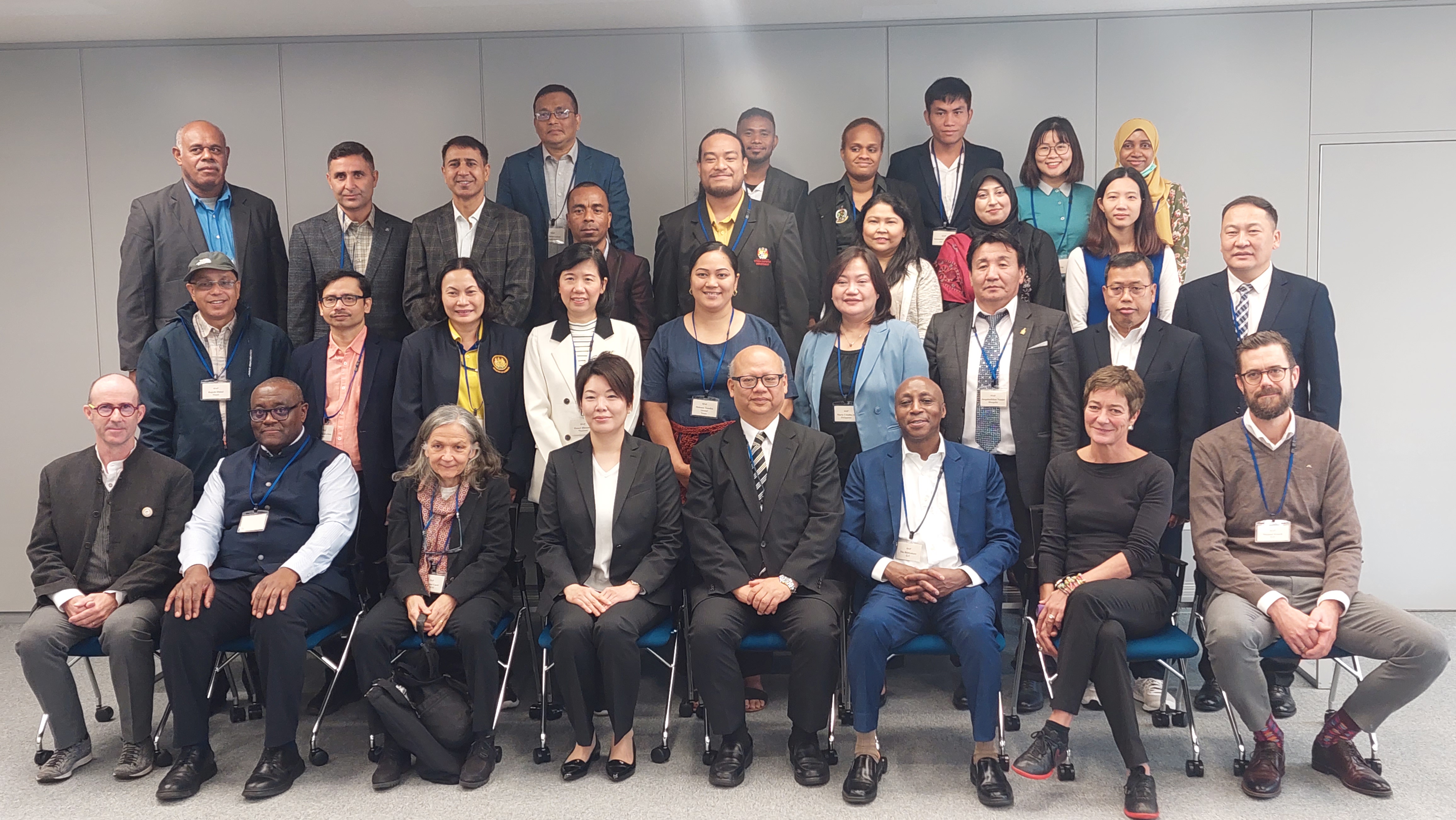
Regional Course on Statistics on Informality: Definitions, Measurement, SDG's and other Policy Indicators
In person

13 to 17 November 2023
Chiba , Japan
ILO SIAP
Regional Training
8. Decent Work and Economic Growth
10. Reduced Inequalities
Overview
The causes and consequences of informal employment and employment in informal sector and their impact on achieving sustainable development continues to gain attention in national development agendas. The evidence in developing and emerging economies shows that on average more than half of the employment in non-agricultural sectors are informal and this rate can reach as high as 80% in some countries. Therefore, every national policy targeting poverty, social protection, or decent work needs to recognise the role of the informal economy in national development. Yet, the lack of data and statistics on the informal economy hinders the capacity of countries to better inform decisions and development policies. This regional training course brings together statisticians and labour analysts from Asia-Pacific national statistical systems to discuss technical aspects and share experiences in the production and use of statistics on informality
Documents
| Regional Course on Statistics on Informality: Definitions, Measurement, SDG's and other Policy Indicators |

